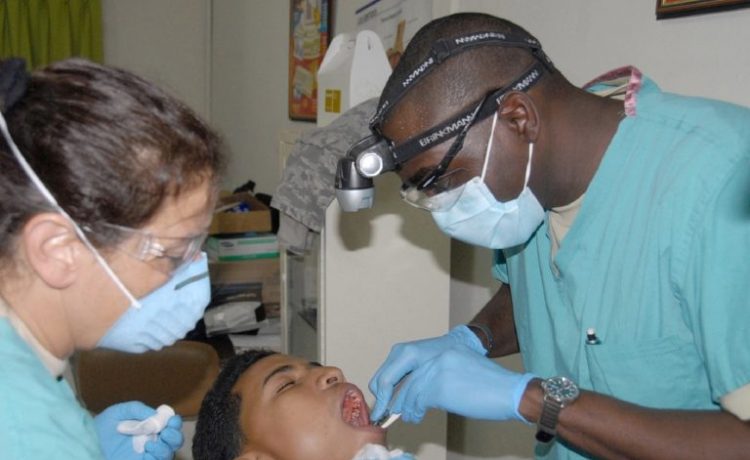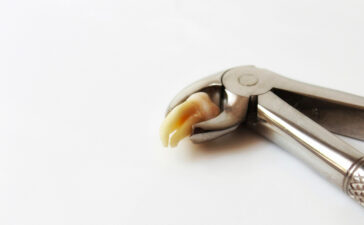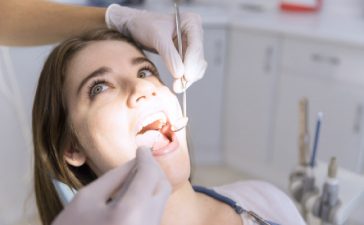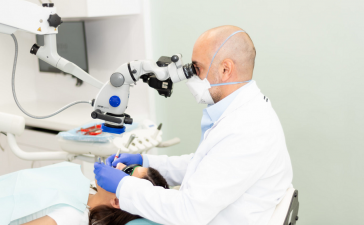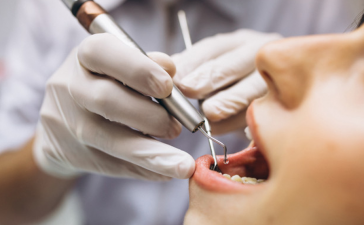Having your mouth poked and prodded is no picnic, but recovery can sometimes be worse than the procedure itself. Know the best ways to recover after dental surgery and how to keep yourself and your mouth healthy afterward.
Parent or Guardian Present
Any oral surgeon like Dr. George Hatzigiannis will require an adult over 18 to be with you while being operated on. Enlist the help of a friend or relative to take care of you following your procedure. It doesn’t matter how old you are: Having oral surgery knocks you flat on your back. This can be the literal case if you’ve been under anesthesia.
Once your surgery is over, be sure to have someone with you to take you home from the office and to stay with you for a few hours following. You cannot operate a vehicle after being put under, and you will not feel like driving anyhow. Once you’re home, your companion needs to help you find a safe place to relax while sitting up (this reduces the chances of choking on gauze or vomiting), help you with your medications and make sure that you’re not encountering any adverse side effects.
Soft Serve
Eating will feel like a chore on your sore mouth for the next few days, so opt for soft, easy-to-swallow foods that don’t need much chewing. Do not use a straw for three to seven days following your surgery; the pressure can rip your stitches out and cause dry sockets. This is not only gross, but it’s also excruciatingly painful. Some soft foods to stock up on beforehand include:
- Broths and creamy soups
- Mashed potatoes (blending beans or hummus with them adds protein)
- Applesauce
- Pudding and Jell-O
- Protein shakes like Carnation and Ensure
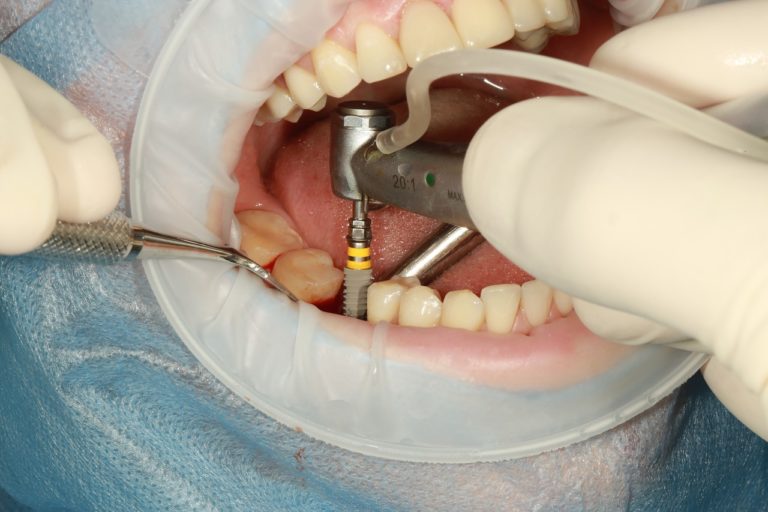
Medication Round the Clock
Make sure that you stay on top of your medications. Keep a chart handy so that you can document the time and dosage of the last time you took them. If you think you will have trouble remembering, set an alarm on your phone to remind you. It’s a small thing, but so important. Your mouth will ache and you will be miserable if you forget to take your medicine on time, and nobody wants that.
Wash That Mouth Out, But Later
As icky as you might feel about it, don’t brush your teeth or rinse your mouth until 24 hours after your surgery. This is an added precaution for preventing dry sockets and keeping your stitches in place. Your mouth will likely be bloody. If that’s the case, replace the gauze in your mouth (the dentist likely gave you a care package to take home with some inside of it). Drink plenty of water, but don’t spit or gargle.
Once the 24 hours have passed, carefully brush your teeth. It will be uncomfortable, and you will probably not be able to stick your tongue out very far. Swish your mouth out with lukewarm salt water (two tablespoons of table salt in a large glass of water) three to four times a day to prevent infection.
Oral surgery is painful and can be difficult to recover from. Being smart and knowing the best practices for recovery can set you on the right path to healing faster.

